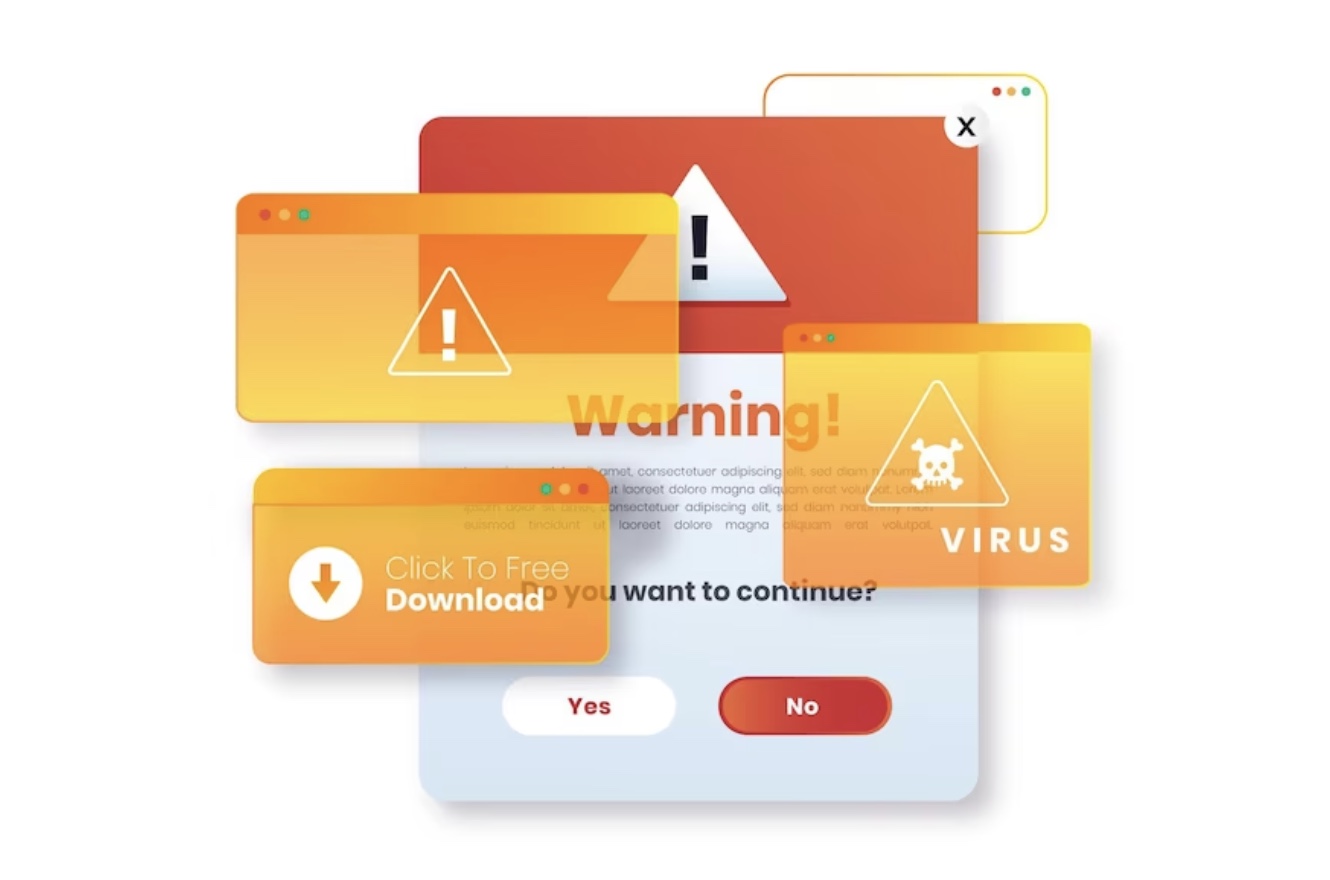
Can Malware Invade Your Email Account? Here’s How To Protect Yourself
In today’s digital age, email has become an essential means of communication for millions of people worldwide. It’s an incredibly convenient and efficient way to send and receive messages, documents, and important information.
However, like many things in the online world, email is not immune to security threats, one of the most concerning being malware. Below, we will discuss what you can do to protect your email account from malware, including the protection of your personal data.
Understanding Malware and Its Threats
Malware is a portmanteau of “malicious software,” and it refers to any software designed with harmful intent. It comes in various forms, such as viruses, worms, Trojans, spyware, and ransomware.
Malware can infect your devices, steal your personal data, or even render your system unusable. Email, being a widely used communication tool, has not escaped the attention of cybercriminals looking to spread malware.
How Can Malware Invade Your Email Account?
One common way for malware to enter your email account is through malicious attachments or links in emails. These emails may appear to come from trusted sources, such as banks, government agencies, or well-known companies. Once you open the attachment or click on the link, the malware gains access to your system and can begin its harmful activities.
Phishing emails are another means through which malware can infiltrate your email account. Phishing emails are designed to trick you into revealing sensitive information, like login credentials or financial details. These links lead to fake websites, and once you enter your details, the cybercriminals have what they need to compromise your email account.
It’s essential to note that no VPN (Virtual Private Network) can provide complete protection against phishing emails. While some VPNs are effective at spotting fake websites and warning you about them, phishing is a multifaceted threat that goes beyond fake websites.
Must read: Best Mail Apps For iPhone And iPad
Protecting Your Email Account
Use Strong Passwords
A unique and strong password is your first line of defense against unauthorized access. Passwords should include capital and lowercase letters, numbers, and special characters. Don’t use anything like a birthdate or a person’s name that is easy to guess.
Enable Two-Factor Authentication (2FA)
2FA strengthens the safety of your email account. A supplementary code, often texted to your mobile device, must be entered with your password.
Be Cautious with Email Attachments and Links
Exercise caution when opening email attachments or clicking on links, especially if you didn’t expect to receive them. Verify the sender’s email address and ensure the content appears legitimate.
Use Reliable Antivirus Software
Install reputable antivirus software that can scan your emails for potential threats. Regularly update your antivirus to keep up with evolving malware.
Stay Informed
Keep up to date on the most recent email security risks. Educate yourself on common phishing techniques and how to recognize them.
Avoid Public Wi-Fi for Sensitive Activities
There is a risk of having your data intercepted by hackers while using a public Wi-Fi network. Sensitive email correspondence should be avoided when using public Wi-Fi.
Conclusion
Malware can indeed invade your email account, posing significant risks to your personal information and online security. Cybercriminals are continuously developing new tactics to compromise email accounts, which makes it crucial to remain vigilant and proactive in safeguarding your digital presence.


